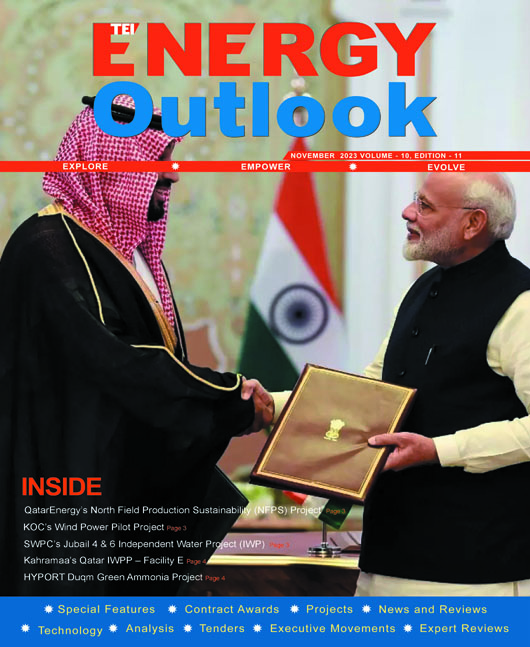
India-Saudi Arabia Economic Relations
India and Saudi Arabia enjoy multifaceted relations reflecting the centuries old economic and socio-cultural ties. The diplomatic relations were established between them in 1947. This relationship has been nourished by an effective bilateral institutional mechanism for trade and investment between the two countries.
Prime Minister Narendra Modi’s visit to Riyadh in April 2016 captured the spirit of enhanced cooperation in the political, economic, security, and defence realms.
The year 2019 marked the start of a new era in bilateral relations between India and Saudi Arabia with the visit of Crown Prince Mohammed bin Salman to India in February. During the visit, it was announced that the Kingdom would invest approximately USD 100 billion in India; six MoUs were signed in the fields of investment, tourism, housing, exchange of audio-visual programmes, and an agreement was signed to pave the way for Saudi Arabia to join the International Solar Alliance (ISA), which was launched by PM Modi.
Also in the year 2019, a ‘Strategic Partnership Council’ between the two countries was signed during PM Modi’s visit to Riyadh. It was a landmark move which would solidify ties and boost cooperation between both nations. A number of agreements were signed in the fields of security cooperation, defence industry collaboration, civil aviation, renewable energy, diplomatic institutions, anti-drug trafficking, strategic petroleum reserves, and small and medium enterprises. India is the fourth country with which Riyadh has formed such a partnership, after the UK, France, and China.
India is highly dependent on imports for its energy needs. It imports 87% of oil consumed, of which 60% comes from the Middle East. India sources crude petroleum, petroleum products, fertilizers, raw plastic, organic and inorganic chemicals from Saudi Arabia.
Saudi Arabia is India’s fourth largest trading partner and its third largest crude and petroleum products source for FY23. More than 18% of India’s crude oil imports are sourced from Saudi Arabia. During FY22 (Apr-Dec), India’s imports from Saudi Arabia were valued at USD 22.65 billion and exports to Saudi Arabia were worth USD 6.63 billion.
India is equally fascinating trade and investment destination for Saudi Arabia. India's trade with the Arab world has already surpassed an all-time high of USD 240 billion a year. India is Saudi Arabia’s second-largest trade partner. India's foreign trade with Saudi Arabia reached an all-time high of USD 52.75 billion in FY23, marking a growth of more than 23%.
In the G20 Leaders’ Summit hosted by India in September, Saudi Arabia announced the India-Middle East-Europe Economic Corridor (IMEC), a massive infrastructure project that would connect India to Europe via West Asia, and could rival China’s Belt and Road Initiative. During the visit, Saudi Arabia also signed agreements for investing USD 100 billion in India in areas of energy, refining, petrochemicals, infrastructure, agriculture, minerals and mining.
Last month in October, India and Saudi Arabia also committed to collaborate in electrical interconnections, exchanging electricity during peak times and emergencies, co-development and co-production of green hydrogen and renewable energy, and jointly establishing sustainable and resilient supply chains.
In the seventh edition of Future Investment Initiative (FII) in Riyadh, on 24-25 October 2023, India’s Commerce and Industry Minister Piyush Goyal held discussions with his Saudi Arabian counterpart Majid bin Abdullah AlKassabi on ways to further promote trade ties between the two countries. Goyal talked about the multiple opportunities offered by India.
The upward trajectory in Saudi-India ties shall continue as they tap into the potential of the opportunities in the Kingdom and the breakthroughs of India’s ambitious plans of becoming a $5 trillion economy. This will take forward mutual collaborations on the economy, investments, as well as social, political, and security matters.
Editor